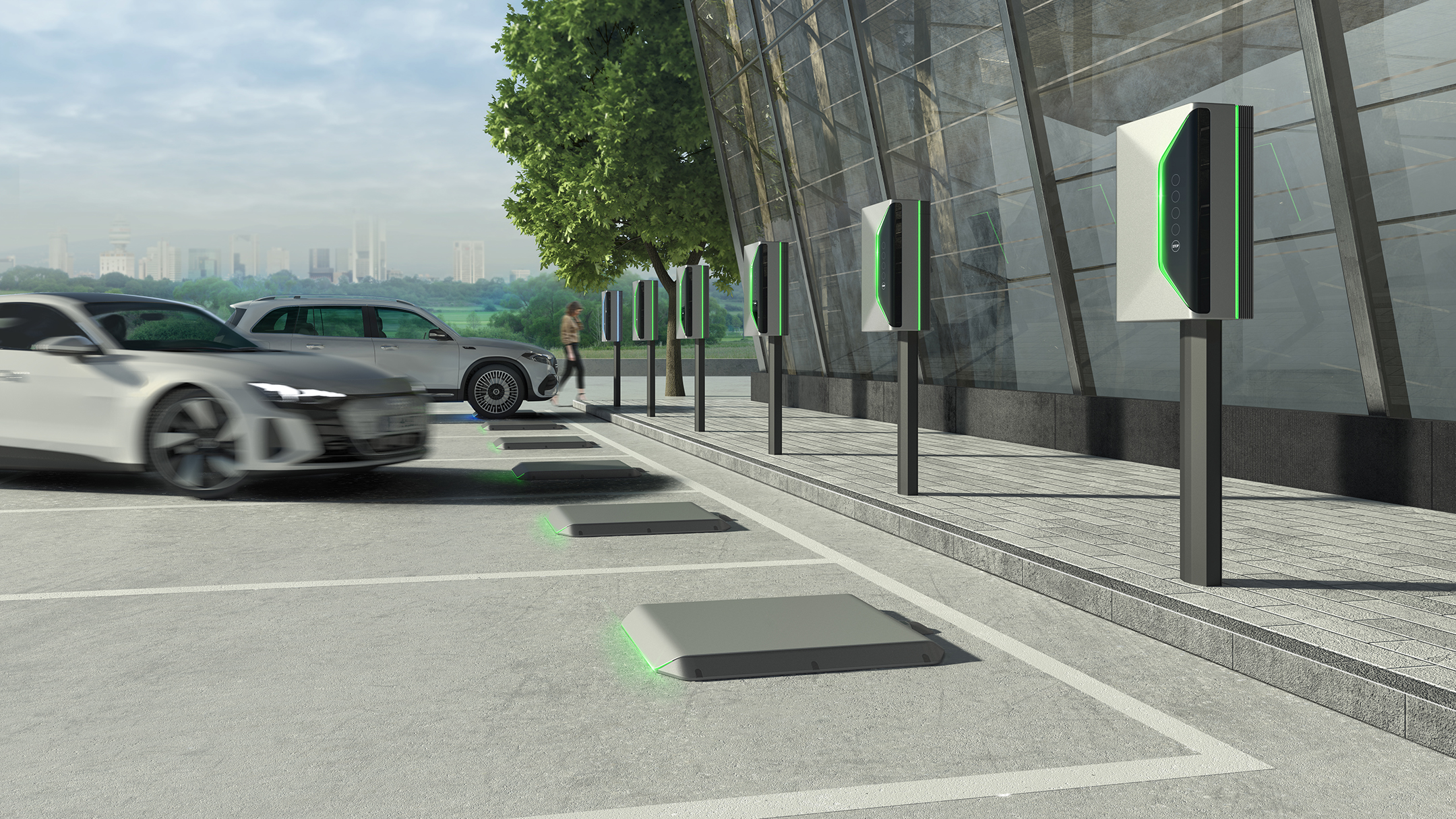Electric vehicles and the hurdles to a sustainable future of mobility

Reducing carbon emissions will be crucial to the fight against climate change. The transportation sector has been one of the largest contributors to these emissions, with billions of vehicles on the road emitting billions of tons of carbon dioxide and equivalent emissions. In fact, transportation end uses contributed 37% of CO2 emissions in 2021, according to the International Energy Agency (2022). This share equated to about 7.7 billion tons of CO2 emissions (IEA, 2022).
Many potential solutions to the question of transportation emissions have been proposed, tested, and even put into practice. Among these, vehicle electrification has become the most prevalent as a means of reducing carbon and other emissions. The technology is quickly gaining ground. Consumer demand for electrified transportation is increasing as automakers bring new and exciting electric vehicles (EVs) to market, costs fall, and new environmental regulations come into effect around the world.

But, when looking at the entire production and usage lifecycle of the EV, there are sustainability challenges that remain unsolved.
The manufacturing of the battery packs that provide the “fuel” for an EV are energy intensive, and contribute a large amount of the vehicle’s overall emissions. EV batteries also require raw materials like cobalt, lithium, and other rare earth metals. Extracting these materials requires energy to power the mining equipment, most of which comes from the combustion of fossil fuels.
Likewise, the source of the electricity used to charge an EV has an influence on overall sustainability performance. While EVs do not emit any carbon during their operation, charging up on electricity that was generated in a coal power plant cuts into those emissions savings.
The fate of EV battery packs at the end of a vehicle’s service life is another sustainability concern. EVs and plug-in hybrid vehicles are projected to account for a growing share of vehicle sales around the world, leading to a rapid increase in the number of battery packs being produced. The environmental cost of simply disposing of these battery packs would be immense due to both the hazardous contents of lithium-ion batteries and the increased demand for new materials that would need to be mined from the earth.
Thus, a system of repurposing, refurbishing, and recycling EV battery packs will be a crucial development to prevent additional environmental harm while also recirculating materials into the manufacturing ecosystem. Today, the process is time-consuming and costly as it relies on manual labor to disassemble the battery packs and harvest the valuable materials inside.
The good news is that digitalization is helping companies address these challenges, enabling them to continually improve the sustainability and performance of EVs and batteries. For example, advanced battery simulation solutions help engineers to develop and test everything from the battery’s micro-structure and electrochemistry to overall battery performance evaluation, leading to more capacious and efficient battery packs. These simulation solutions can help develop new battery types that do not rely on hazardous materials, making them cleaner to produce and easier to recycle. Through digitalization, companies can also manage all the materials, energy, and other resources that are consumed during the production and maintenance of the vehicle, providing an accurate picture of its total environmental impact.
With this knowledge, automakers can take action to minimize emissions, waste, and consumption of resources like water and electricity. Through these and other measures, we can leverage digitalization to make EVs an increasingly powerful option in the fight against climate change.
International Energy Agency (2022). Transport: Improving the sustainability of passenger and freight transport. International Energy Agency. Retrieved from https://www.iea.org/topics/transport


